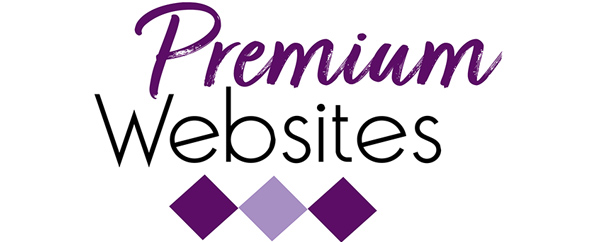What Type of a Website Is Good For Business?

There are many types of websites, which is best?
The best type of website serves the needs of YOUR business. I know that sounds vague, but it is true. The first step in figuring out what kind of website you need is how your company makes money. Then you can get what your business needs. I know that sounds over-simplified. Here is an example:
I have had businesses contact me wanting an eCommerce website. After discussing what they are selling, how they serve their clients, and how their existing clients pay, it was determined that they did not need a shopping cart. They just needed an informational website. These are two very different websites with significant additional costs.
Here is a list of some website types:
- Informational – This is the most common type for small businesses and solopreneurs. These websites are glorified brochures with limited functionality. They introduce your potential clients to your company and services. If you are a service provider and have a few set-priced packages, a payment method can be added to these websites without adding an actual shopping cart.
- eCommerce – These are websites that have a shopping cart. They can be for both products and services and can include download products. The key is the shopping cart. It integrates with a payment system like PayPal, Square, Stripe, etc. These websites can have informational pages added if needed.
- Blogs – Strictly speaking, a blog is a website with just articles. It is easy for the average person to add content to the website. Blog platforms used to be only articles. Pages could not be added. That has not been true for many years. Now blogs can be added to informational websites (and some eCommerce platforms have them). They have evolved to be full-blown websites.
- Membership – Membership plugins can be added to most websites. A membership website has protected content. One needs to be a member (free or paying) to see the protected content. These sites also have the ability for members to reset passwords and add profile information. Not all membership platforms are the same. Be clear about your members’ needs and future needs before deciding on a platform. Changing platforms down the road can be complicated and cost you, members.
- Course or Online Learning – These websites are for digital courses. They allow the user to have a learning environment online that can be video, text, audio, and interactive. These are for businesses that are teaching something to their clients. There are many different options, so be sure you know all the needs of your courses before purchasing the software.
- Event websites – An event plugin can usually be added to any website. The event plugin will do things like put your event onto a calendar, allow the user to add it to their calendar easily, charge for events, add recurring events, and more. If you are holding events regularly, event software is convenient to use. There are a few different options, so know your event requirements before purchasing.
- Portfolio websites – These are websites that show off works of art. Artists like photographers usually run them. However, a portfolio can be added to almost any website. This website has a portfolio section.
Does Every Business Need a Website?
This is a complicated question. I feel that all businesses need a website. But I have come across a few companies that did not need one.
Why are websites important?
There are many benefits to having a website. Some are obvious, and some not so much.
- Websites are how a business can be found on the Internet. Without a website, it will be harder to get found, but not impossible. A company could have many social media sites, a Google Business Profile, a YouTube account, and other directory listings. All of these web properties can get listed in a search result. The one you have the most control over is your website.
- Websites are a marketing machine. If put together correctly, they can be your marketing funnel, where you give away things to create an email list and where people learn about you and your business. They can encompass most aspects of marketing.
- Websites increase the value of your business. They are a sellable asset. When it is time to sell your business, your website will be included in the sale. Well-functioning websites that have analytics connected and can prove the traffic volume and conversion rates can significantly increase the worth of your business.
- Professional websites give your company a perceived value. People will judge the quality of your business by the quality of your website.
- Communication with your customers. Websites can now have chatbots as well as contact forms. Customers can connect with business owners and get their questions answered. Many websites also provide a way for customers to schedule appointments.
- Websites can decrease costs. By being your “store-front” 24/7, a website can replace some or all of your location costs. Connecting to customer support through a chatbot can decrease expenses. As COVID has taught us, many employees can work remotely. The website can be the hub for your business and reduce your overhead.
- Websites increase your reach. Your business can be found by anyone, anywhere. If you can figure out how to offer items for sale virtually, the whole world can be your market.
- Websites with analytical data attached can give great insights into your customer base. Everything from how they find your website to where they live can be analyzed. What browsers they use, devices used, pages visited, and much more.
- Websites allow businesses to take advantage of online advertising. Google AdWords, Facebook Ads, and others cannot be used without a website to send ad clicks to. Well-made landing pages can also decrease the cost of your ads.
